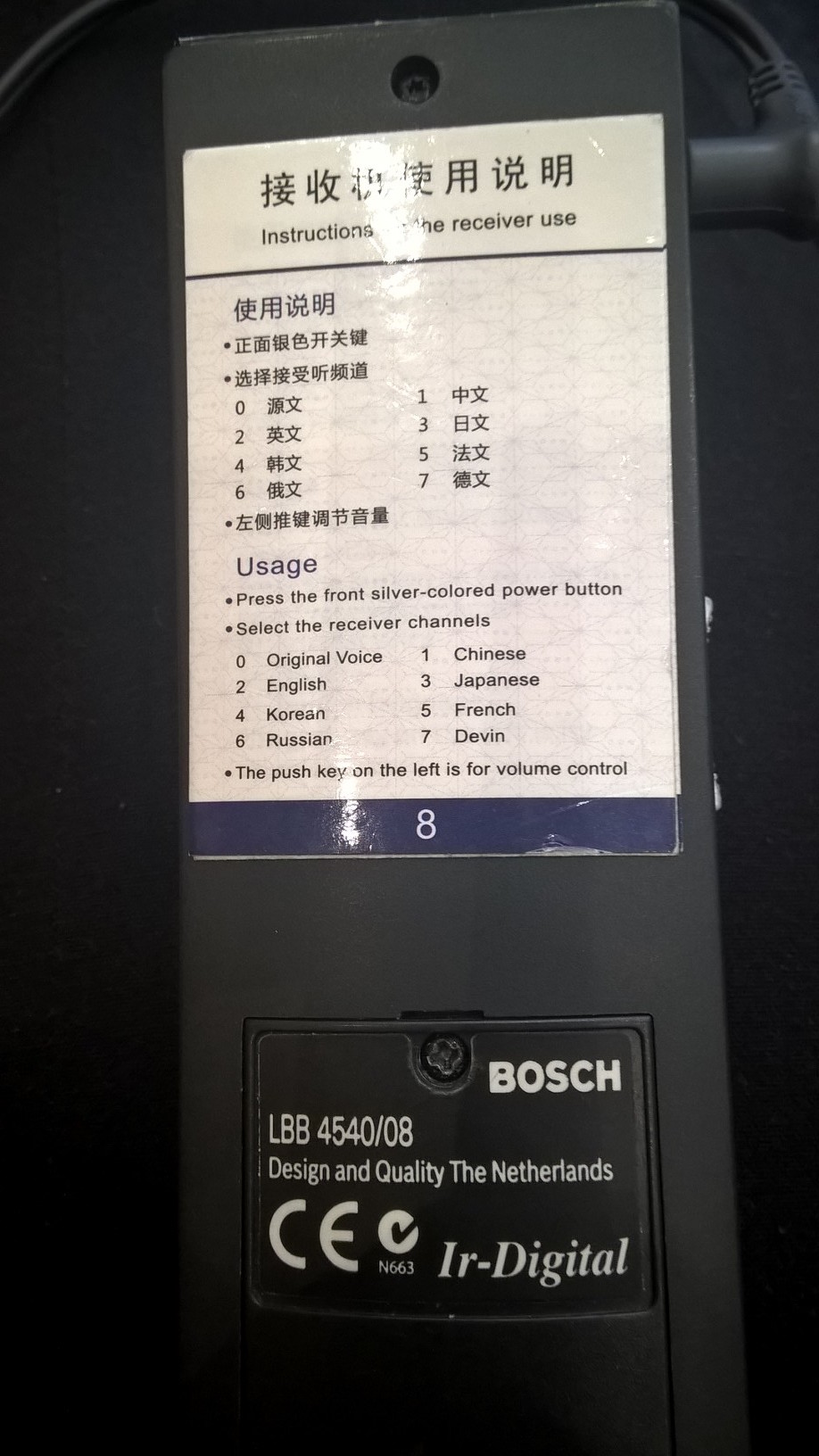Archive for Lost in translation
Big WHAT hall
This Shanghaiist photograph taken at a gym was posted to Facebook by Tristra Newyear Yeager on October 13:
Read the rest of this entry »
Six God toilet water itching
From the annals of Improbable Research, Marc Abrahams posted "Patent application of the day: six God toilet water itching" (11/24/15)
This is for Chinese patent application CN301200531 S, filed August 7, 2009 and published May 12, 2010.
The inventors (bless their souls!) are Yú Fāngfāng 于方方 and Shī Yì 施翼.
Read the rest of this entry »
Tibetan –> Chinese –> Chinglish, ch. 2
This is a sequel to "Tibetan –> Chinese –> Chinglish " (11/11/15).
(‘Alone, Popecity’ 独克宗, a street sign on National Highway 214 at the entrance to Shangri-La, 2015. Photo: William Ratz)
Read the rest of this entry »
Tibetan –> Chinese –> Chinglish
One of my graduate students sent me the following picture (click to embiggen):
Read the rest of this entry »
Devin, a newly discovered language
Jenny Chu sent me this photo of a simultaneous interpretation device she came across at an event in Shanghai today:
Read the rest of this entry »
Pernicious garbage
The blogger of "The Wanderlust Diaries" has a post called "What China is This?" (10/17/15). In it, she includes the following sign as an example of the elusiveness of " correct English spelling and translation" in China, though she recognizes that there are now many Chinese who speak English fluently, in contrast to when she first went to China in 1994:
Read the rest of this entry »
MT story of the month
Arika Okrent, "Translation Error Announces 'Clitoris Festival' in Spain", Mental Floss 11/2/2015:
The town of As Pontes in northwestern Spain has held a festival to celebrate the local leafy green delicacy of grelo, or broccoli rabe, since 1981. This year, visitors who went to the festival website hoping to find useful information were surprised by the announcement of a "Clitoris Festival" and the claim that "the clitoris is one of the typical products of Galician cuisine."
Municipal spokesman Monserrat García explained that the mistake was the result of automatic Google translation from the local language of Galician into Castilian Spanish.
Read the rest of this entry »
The misery of existence
Sign on the front of an audiovisual equipment supplier in Pudong, Shanghai:
Read the rest of this entry »
Together, let's do what?
I happened to be walking past the Abramson Cancer Center this afternoon, and this reminded me that every day last summer in Paris, I walked past the Institut Curie, whose building was adorned in several places with the slogan "Ensemble, prenons le cancer de vitesse" — as on the home page of their web site:
The first time I saw the slogan, I only caught the "… le cancer de vitesse" part, which seemed like part of an appeal to slow down and smell the roses, so to speak, avoiding the metaphorical cancer of excessive dedication to speed above all. But then the first couple of words came into my visual field, and I briefly thought that it was a prank or a protest or something, meaning "Together, let's get cancer quickly".
Read the rest of this entry »









